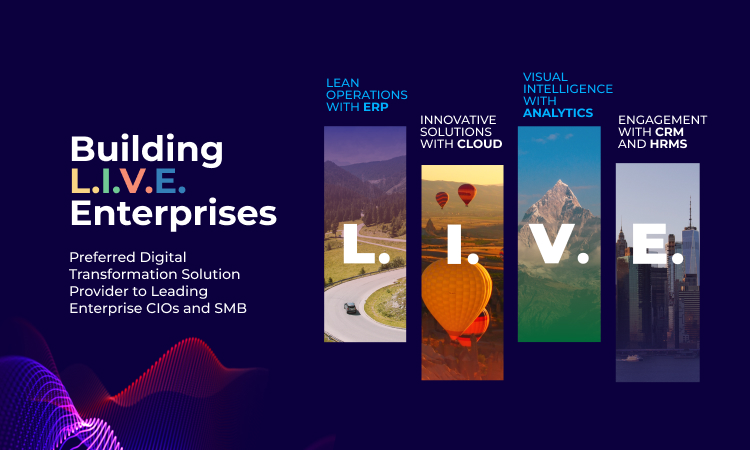In the construction business, the work happens in the form of projects like building a house, office or a residential or commercial complex. Each project involves lots of steps. When a construction company is just starting, the executives can manage and track all these steps manually. However, as the business scales up, the company needs to automate the back-office tasks, record-keeping work, approval processes and, of course, accounting. And that is only possible with ERP software. Using an ERP can spectacularly reduce the complexities of managing multiple construction projects at the same time. Hence, every successful construction business is powered by an ERP.
1. With ERP, Every Aspect of a Construction Project Is Connected with Each Other
Organised way of working is a prime criteria for a business aspiring to scale. Those of you who are in the construction business would know that changes in material quantity and ad-hoc activities comprise a significant part in a project. So, when you are working on multiple projects at the same time, there are chances that you miss out on invoicing a few additional work or materials. This results in the loss of revenue. If you deploy ERP software, any additional purchase or labour would automatically be reflected in the Bill of Quantities data. No manual updation of spreadsheets is needed. Likewise, if you are planning to delegate a task to a subcontractor, the associated cost will automatically be applied to the tender or ‘Estimate’ document. The modules of the construction project are thus interconnected with the ERP. This construction ERP advantage alone can be the reason to adopt one such ERP.
2. Automate Everything with Construction ERP
From lead generation to project execution – every step of the back-office process can be automated with a construction ERP. For example, when you send an estimate to the prospective customer, that document can easily be used as the BOQ and roadmap document. You don’t need to create separate spreadsheets for BOQ, planning, or accounting. As the customer approves the estimate, the ERP can automatically turn the ‘Estimate’ document into BOQ and planning document. With this construction ERP advantage, companies don’t just automate mindlessly, but do it in a ‘smart’ way.
3. Seamless Collaboration
Modern construction companies work in a modular and remote way. This means that the salespersons might not be able to meet the people responsible for project management and estimation creation. This can create a lot of back and forth communication leading to unnecessary delays. Apart from many other construction ERP benefits, construction companies and contractors can bridge the gap between various departments with an ERP.
So, for example, if the marketing team needs to offer a client more discount than the usual, it only needs to create the BOQ on the ERP system with the stated discount. The higher authority will get a notification, and it can easily approve or reject the discount. In absence of an ERP, the marketing team and the approval authority would need to call or email each other countless times.
4. Seamless Information Sharing
An ERP provides a centralised way of sharing information among the departments. This makes sure that no matter where the stakeholders are, they continue to get the necessary information to keep the project going on smoothly. In fact, with construction ERP software, you can even control what information should be seen by which stakeholder.
5. Data-Driven Decision Making
An ERP system places every info right in front of the executives and project managers. With clear visibility, it becomes easy to make the right decision. Modern ERPs like SAP Business ByDesign is also equipped with Business Insight features. They can present accurate business forecasts and granular reports that can help the construction company to optimise its strategy.
6. Easy Compliance Thanks to Digital Documentation
An ERP ensures that every document is digitally stored. Every transaction is accounted for. This seamless record-keeping helps the construction companies to comply with the tax regime on time.
Construction is a challenging business; and delays, errors and inefficiencies can make it even more complex. Therefore, companies in this sector must adopt construction ERP software to weed out these obstacles and stay ahead in competition.




